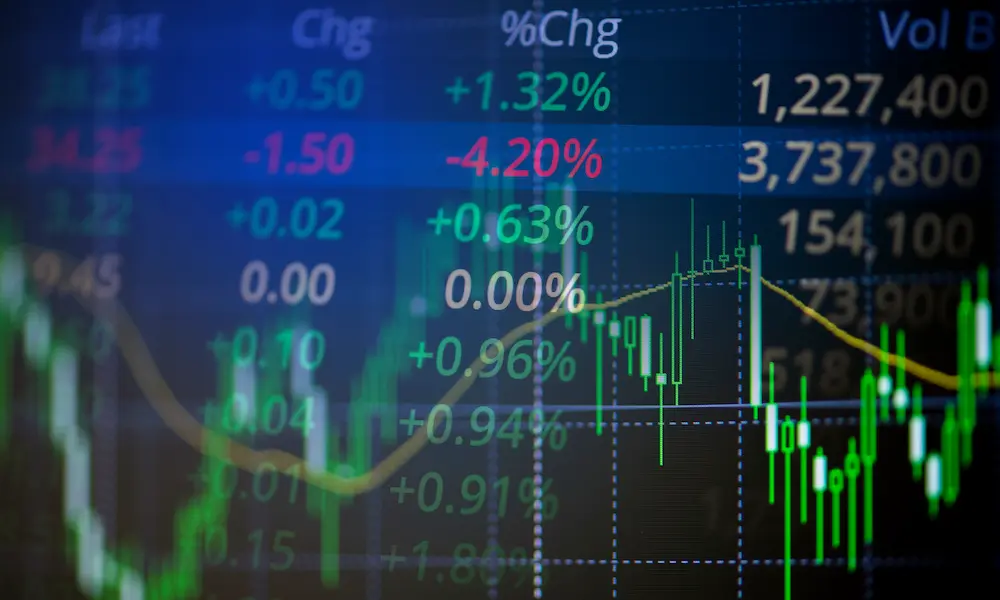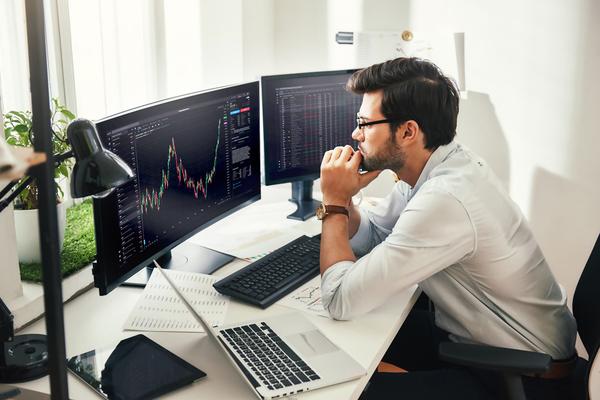Traders throughout history have faced a multitude of challenges as they navigated complex and often perilous environments. From ancient times to the modern era, these challenges have evolved, yet many core issues have persisted. The following outlines key challenges traders have encountered, including geographic obstacles, political instability, economic fluctuations, and technological limitations.
Geographic Obstacles
One of the most significant challenges traders faced was the sheer physical difficulty of moving goods across vast and often inhospitable terrains. In ancient times, traders traveled along routes like the Silk Road, which stretched across Asia, linking China to the Mediterranean. This route, though lucrative, posed enormous challenges due to its harsh landscapes, including deserts, mountains, and difficult climates. Traders had to contend with extreme temperatures, treacherous terrain, and the constant threat of bandits. Maritime traders faced their own challenges, with unpredictable weather patterns, dangerous waters, and the risk of shipwrecks being constant concerns. Even with the advent of modern transportation, geographic challenges persist, as traders must navigate international shipping routes, deal with customs regulations, and manage logistics in remote areas.
Political Instability and War
Political instability has always been a significant challenge for traders. In regions plagued by war or political unrest, trade routes can become dangerous or impassable. For instance, during the Roman Empire’s decline, the once-thriving trade networks across Europe and the Mediterranean were severely disrupted by invasions and the collapse of centralized authority. Similarly, traders in the Middle Ages often faced challenges as they moved through territories controlled by various feudal lords, each demanding tolls or tariffs, sometimes leading to outright conflict. In modern times, political instability continues to affect trade, with sanctions, trade wars, and conflicts disrupting global supply chains and creating uncertainty in markets. The volatility of international relations can lead to sudden changes in trade policies, tariffs, and import/export restrictions, all of which pose significant risks for traders.
Economic Fluctuations
Economic fluctuations present another major challenge for traders. Markets are inherently volatile, and factors such as inflation, currency devaluation, and changes in consumer demand can drastically impact trade. For example, during the Great Depression of the 1930s, global trade plummeted due to the collapse of economies worldwide, leading to widespread poverty and unemployment. Traders had to navigate a market where demand for goods was severely reduced, and credit was difficult to obtain. In contemporary times, traders must contend with the complexities of global finance, where exchange rates, interest rates, and economic policies can change rapidly, affecting profitability. Additionally, economic sanctions imposed on certain countries or regions can severely restrict trade opportunities, leading to significant losses.
Technological Limitations
Historically, technological limitations have also posed significant challenges to traders. In the past, the lack of reliable transportation and communication methods meant that trading was often slow and fraught with uncertainty. Goods transported over long distances could take months or even years to reach their destination, during which time they could be lost, stolen, or rendered worthless due to spoilage. The absence of accurate navigation tools also made maritime trade particularly hazardous. Over time, technological advancements such as the steam engine, telegraph, and eventually the internet revolutionized trade, making it faster, more efficient, and more secure. However, even with modern technology, traders still face challenges related to cybersecurity, data breaches, and the need to constantly adapt to new technological developments in logistics, communication, and payment systems.
Conclusion
Traders have historically faced numerous challenges, ranging from geographic obstacles and political instability to economic fluctuations and technological limitations. While many of these challenges have evolved with time, they continue to shape the landscape of global trade. Today, traders must remain vigilant and adaptable, navigating an increasingly complex and interconnected world where old challenges persist and new ones continually emerge. The ability to overcome these challenges is crucial for success in the ever-changing world of trade.







More Stories
Top Mistakes to Avoid When Filing Chapter 13
Loan App for Quick Cash and Instant Disbursement
How Commodities Trading Can Shape Your Financial Future?